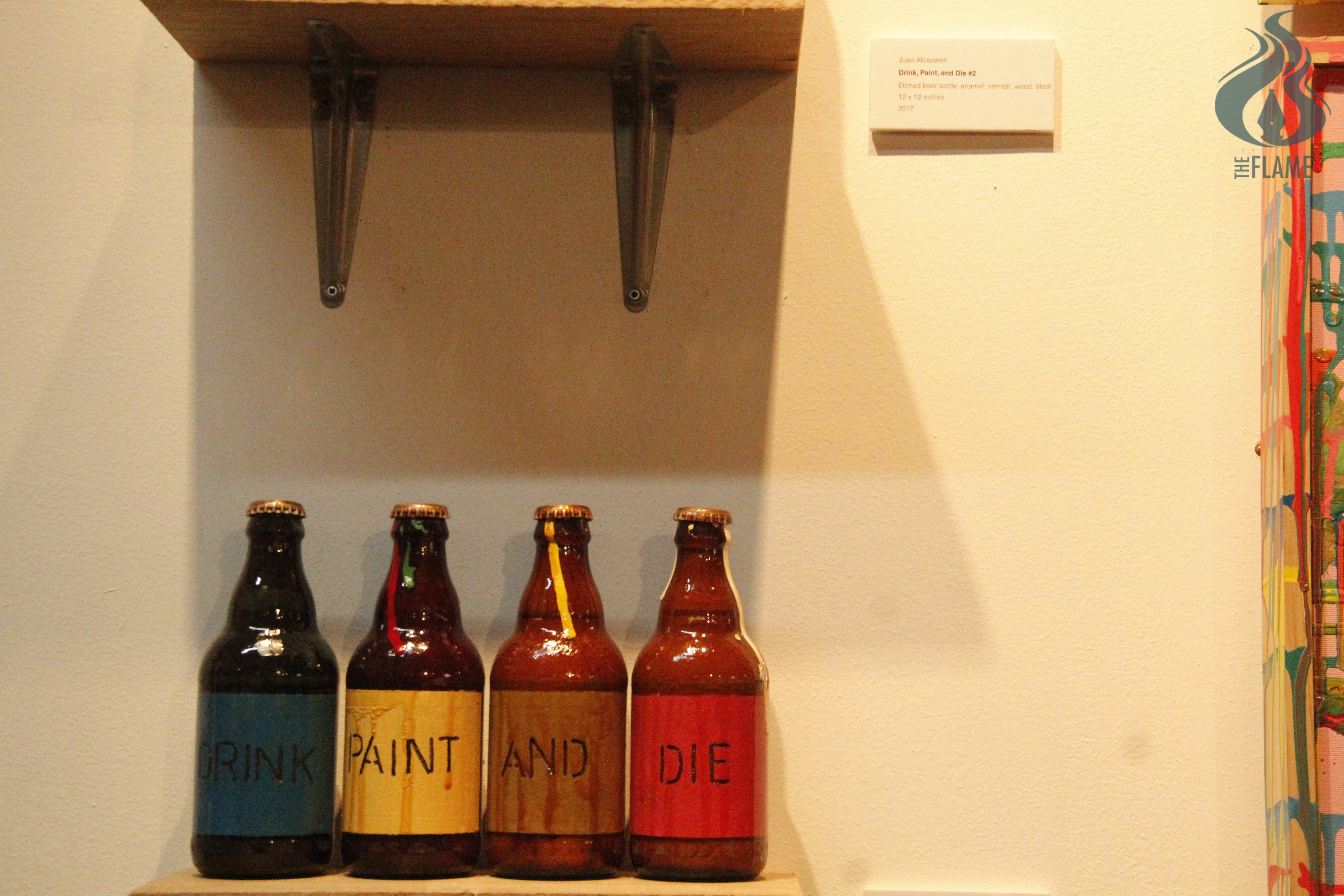Checkmate
AS PEOPLE become aware of the social injustices and economic sovereignties by the unfair kings of our society, it is imperative that they fight for the unfortunate being decimated every day due to the abuse that the powerful commit. In our society, people must be aware that these powerful come…










